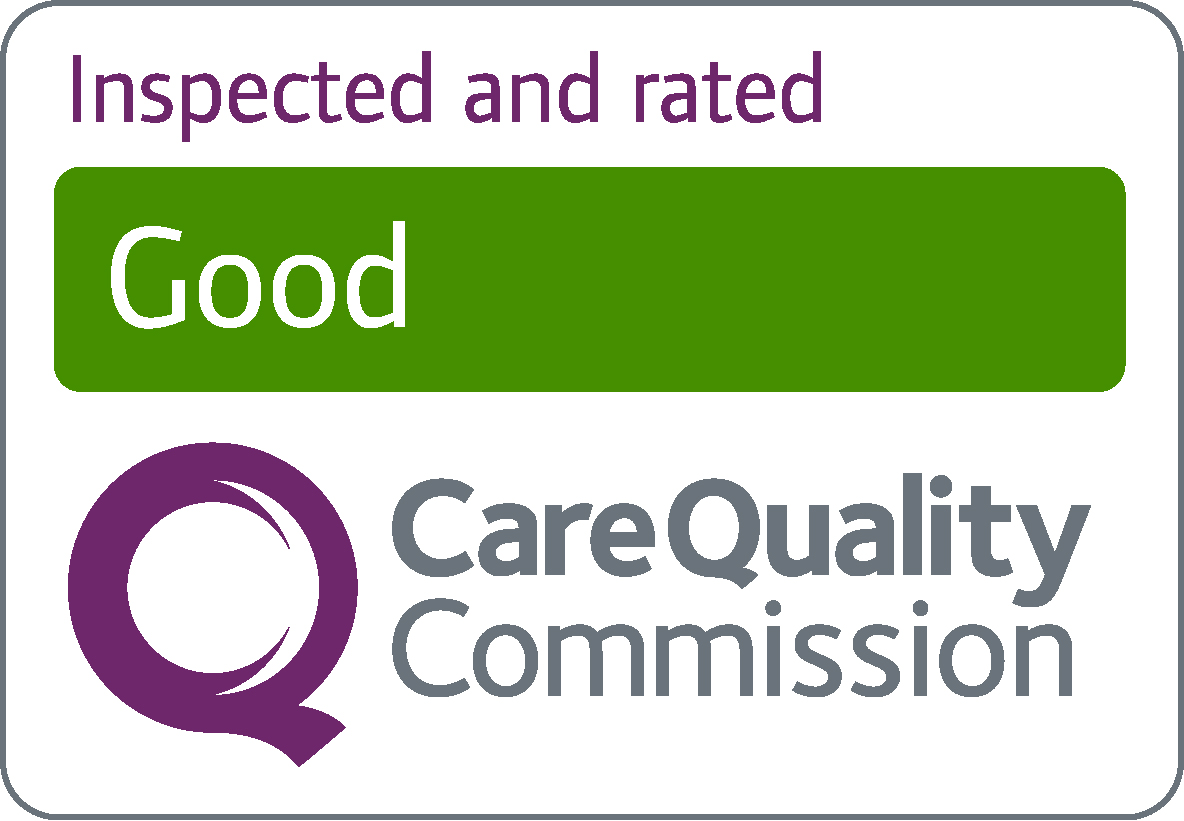Kelly’s eye on prostate cancer screening
Date of release: 3 March 2025
A Wolverhampton Nurse kicked off prostate cancer awareness month by calling for national screening live on radio today.

Kelly with Kath
Kelly Kusinski, Urology Advanced Nurse Practitioner at The Royal Wolverhampton NHS Trust (RWT), appeared on BBC Radio WM’s mid-morning show with presenter Kath Stanczyszyn to call for mandatory testing for high-risk men over 45.
“Last year over 50,000 men got diagnosed with prostate cancer and the numbers rose by 20 per cent from 2019-23,” said Kelly, 46.
“There is no national screening programme for the most common cancer in men in the UK. So we need to get that message out there.
“Current NHS GP guidelines do not recommend standard PSA testing. One in eight men will get prostate cancer but if you are black then it’s one in four, and if there is family history of the disease, that risk is greatly increased.”
Kelly, who has been a Urology Nurse for 24 years, says there is still not enough spoken about the disease.
“Prostate Cancer UK has its own risk checker so if you go on its website you can see your own individual risk,” she added. “This is really a starting point to go to your GP to have that open conversation about whether they should have the test.
“But not everyone knows to do this because unless they’ve got a friend or family member who has had prostate cancer, they do not have those conversations.
“We know that people living in deprived areas with lower education levels have a 14 per cent higher risk of dying from prostate cancer.
“So we need to raise people’s awareness and increase their understanding to give them that knowledge and empower them to improve their own health.”

Kelly
Kelly has recently twice attended Parliament to join representatives from Prostate Cancer UK and Prostate Cancer Research among others, at the Prostate Cancer All-Party Parliamentary Group.
It was an opportunity to hear more about the ongoing discussions around the possible development and implementation of a national early detection programme for prostate cancer in high-risk populations.
“The American Urological Association, the European Association of Urology Nurses and the American Cancer Society all recommend targeted prostate blood test screening in all men above 40 or 45. We don’t have that in the UK,” said Kelly.
“With the All-Party Parliamentary Group, we’re getting together with Prostate Cancer Research, Prostate Cancer UK ,The Urology Foundation and other key supporters to give our evidence and let the government know about their research.
“Last week’s meeting was also attended by the NHS Screening Committee which was really beneficial because its members could hear directly from the horse’s mouth.”
Kelly has helped Prostate Cancer Research create an infopool, an online resource for men who can enter their own personal prostate cancer details which they received at diagnosis, and it talks them through their individual treatment options.
Anyone wanting to find out about prostate cancer should search online for Prostate Cancer UK. The risk checker is on the home page.

